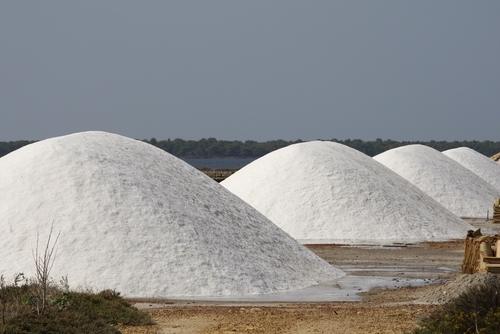Thermal, reverse osmosis and distillation desalination
Desalinators can be divided into two macro-categories depending on the process used: those based on thermal processes and those based on membrane filtration (i.e. through reverse osmosis plants): the latter is currently the most widely used process. This technology is also used in the IDRO Group's mobile and compact plants for the production of drinking water from the sea, which make it possible to compensate for the lack of drinking water in areas affected by severe droughts and in areas where emergency interventions are required.
Thermal desalination
Thermal desalination uses heat to vaporize water, leaving the salts behind in a process of evaporation and subsequent condensation. While this technique is effective in producing fresh water from salt water, it has the disadvantage of requiring large amounts of energy, which can significantly increase operating costs. Thus, energy efficiency and associated costs are critical issues affecting the adoption and applicability of this technology in large-scale desalination strategies.
Reverse osmosis desalination
Reverse osmosis (RO) desalination relies on the use of semi-permeable membranes to filter salt water, effectively removing salts and other contaminants. The process requires less energy than thermal methods due to the use of high-pressure pumps to push water through the membranes, making it more economical and sustainable for large-scale applications. The higher energy efficiency and lower environmental impact make reverse osmosis the dominant technology in new desalination plants.
Distillation desalination
Distillation desalination is one of the traditional methods of thermal desalination, along with other technologies such as Multi-Effect Distillation (MED) and Multi-Stage Flash Distillation (MSF). Distillation desalination uses heat to evaporate water, which is then condensed to produce fresh water, mimicking the natural water cycle. It is generally more energy intensive than thermal desalination, but can be improved through the integration of renewable energy sources and heat recovery.
In comparison, reverse osmosis desalination is recognized for its higher energy efficiency and lower environmental impact, as it uses pressure rather than heat to separate salts from water. However, distillation offers advantages in impurity tolerance and potential for low-grade heat recovery, making it competitive in certain contexts.






